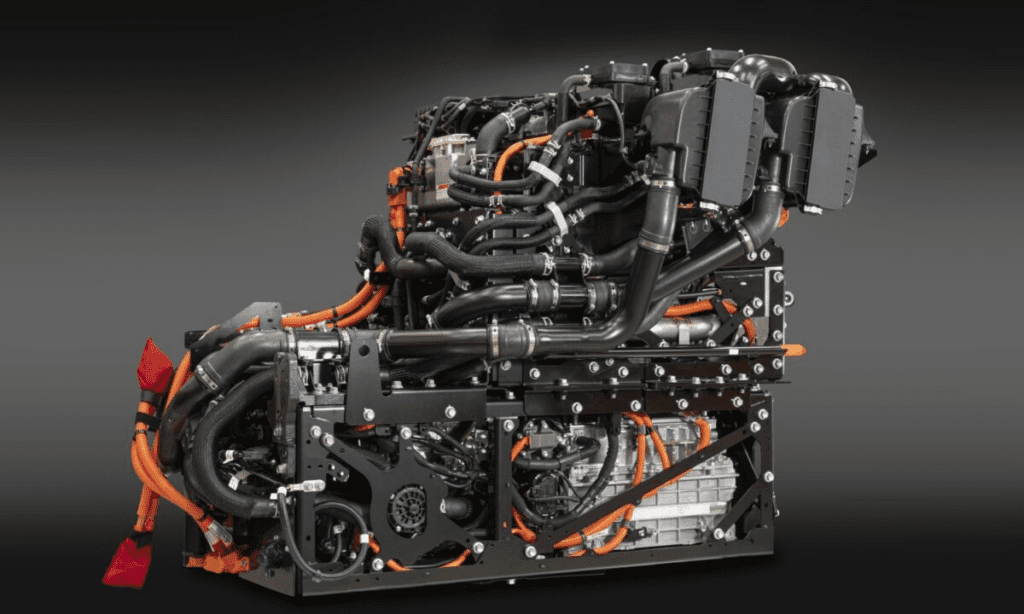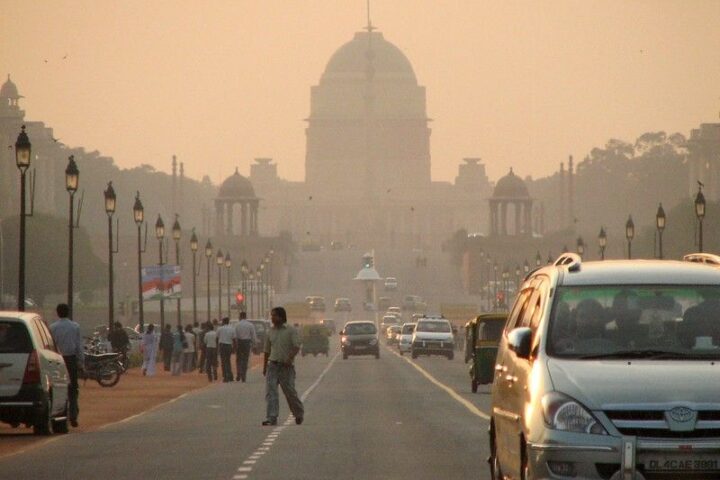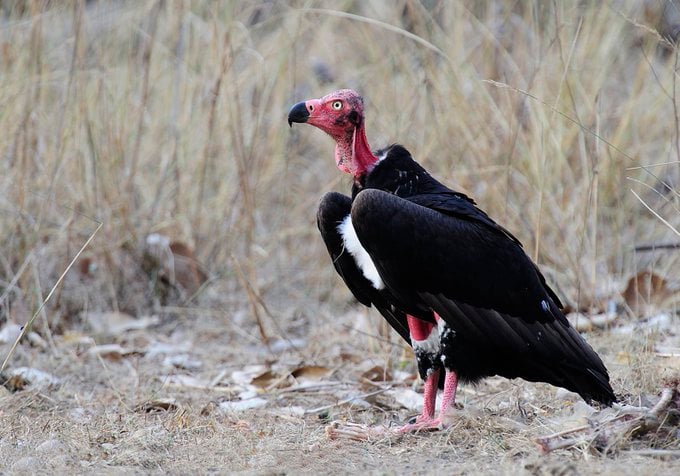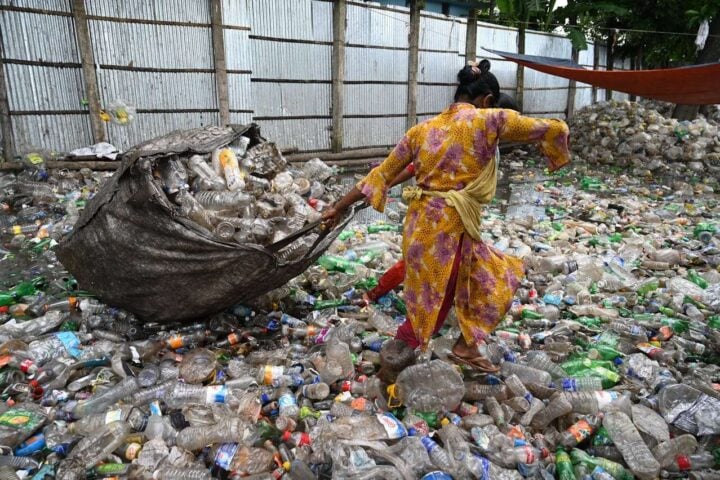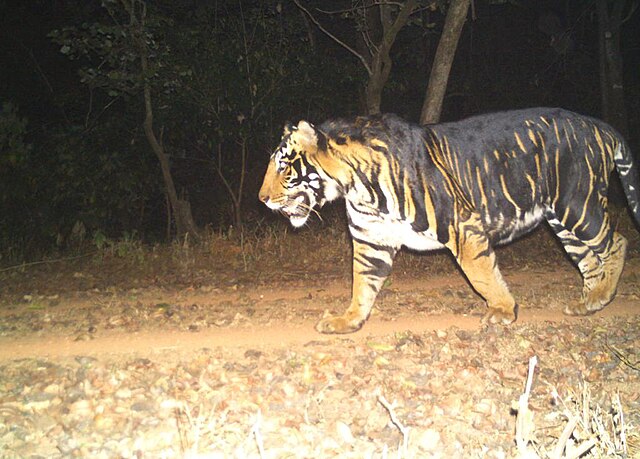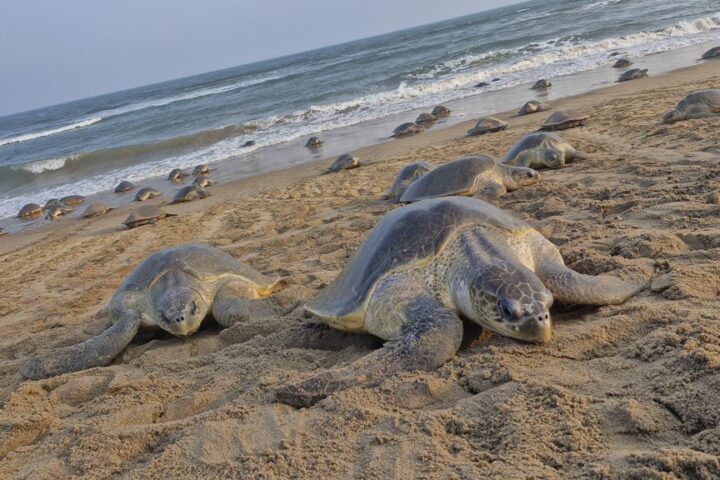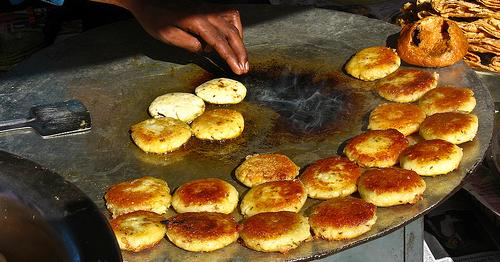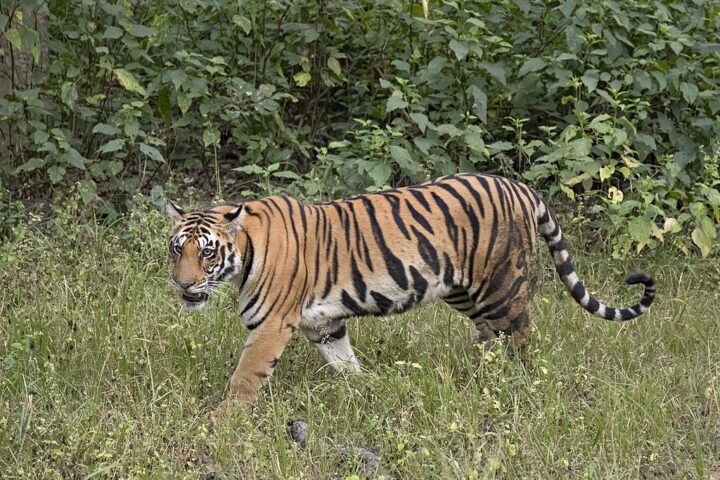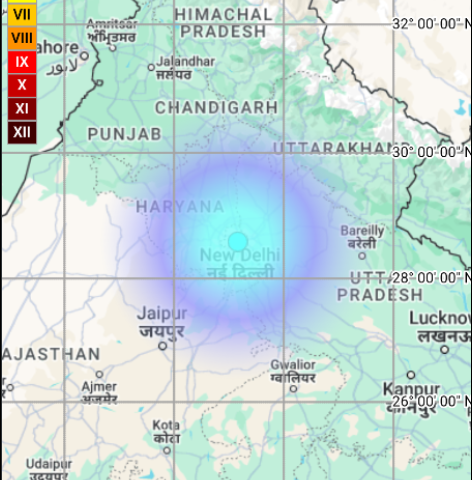A female cheetah brought from South Africa named Daksha, who was placed in Kuno National Park in Madhya Pradesh, was killed in a fight with other cheetahs inside the park. Daksha’s death occurred due to his violent interaction with the Phinda adult male coalition, also known as the White Walkers, which includes Vayu and Agni.
Daksha is the third cheetah to die in Kuno since the cats were brought from South Africa and Namibia. The wounds found on Daksha indicate that they were caused by a violent interaction with a male cheetah during a courtship or mating attempt, according to the Union Environment Ministry.
Out of the 20 cheetahs brought to the National Park since last year, two cheetahs, Sasha and Uday, died in March and April, respectively. A captive-bred Cheetah Sasha died from a kidney ailment she had been suffering from since before her arrival in India.
The second cheetah, Uday, died during treatment after falling sick at the national park. The death of Daksha, who was injured by another cheetah, brings the total number of adult cheetahs to 17.
Efforts have been made to reintroduce cheetahs by translocating animals from Africa after the cheetah population became extinct in India in 1952. A total of 20 cheetahs, 8 from Namibia and 12 from South Africa, have been translocated to India since September 2022.
The MP State Wildlife Officials radio-collar and track the translocated cheetahs. At present, only three cheetahs are living outside the enclosure in the forest, while the rest of them live in specially designed enclosures to facilitate their acclimatization.
Similar Post
Five more cheetahs will be released into free-ranging conditions at Kuno National Park before the onset of the monsoon in June, according to the Union Environment Ministry. Unless they venture into areas where they face significant danger, the cheetahs will be allowed to move out of the park.
Four of the eight cheetahs brought from Namibia have been released from the acclimatization camps into free-ranging conditions so far. The release of additional cheetahs into free-ranging conditions at Kuno National Park has been recommended by the expert committee responsible for Project Cheetah.
The experts from the University of Pretoria, the Cheetah Metropolitan Project, the Wildlife Institute of India, and the National Tiger Conservation Authority are included in the committee. Two male cheetahs were released into Daksha’s enclosure following the committee’s recommendation.
According to the NTCA’s Cheetah Action Plan, the adult mortality rate of over 15% is considered a matter of concern for Cheetah management to intervene. Eight cheetahs flown in from Namibia were released into a special enclosure at Kuno National Park in September last year.
The Indian Air Force helicopters later transported the cheetahs to the National Park from Gwalior. India welcomed 12 more cheetahs from South Africa, increasing the number of cheetahs introduced to the park, in February.
The aim of the reintroduction of cheetahs in India was to restore a population that had been extinct for several decades. In order to monitor and manage the cheetah population at Kuno National Park, efforts are ongoing to ensure their survival and adaptation to the Indian wilderness.


